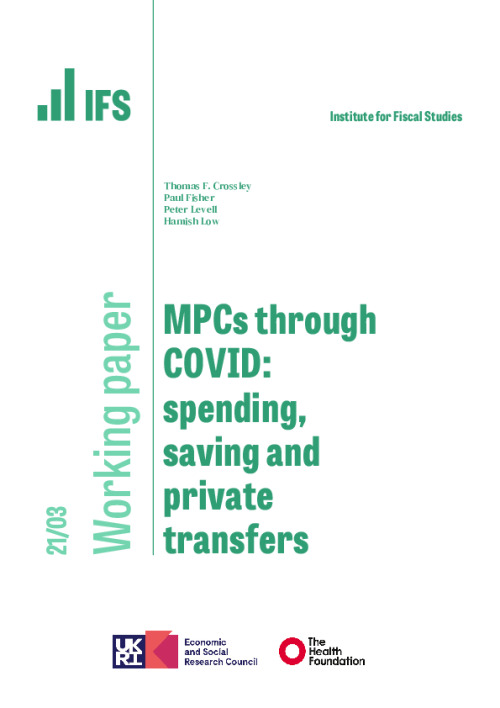Downloads
MPCs were directly elicited from a representative sample of UK adults in July 2020 using receipt of a hypothetical unanticipated, one-time income payment. Reported MPCs are low, around 11% on average. They are higher, but still modest, for individuals in households with high current needs. These low MPCs may be a consequence of the prevailing economic un-certainty. Further, the fraction of respondents that report they would change their transfer payments to or from family and friends is almost as large as the fraction that report they would increase their spending. This means that targeting direct fiscal stimulus payments to high-MPC individuals could be partly undone, and that the aggregate MPC out of a stimulus payment need not equal the population-average MPC.
Authors

Research Fellow University of Oxford
Hamish is the James Meade Professor of Economics at the University of Oxford, a Professorial Fellow of Nuffield College and a Research Fellow at IFS.

Research Fellow University of Michigan
Tom is a Research Fellow at IFS, a Research Professor for the Institute for Social Research at the University of Michigan.

Associate Director
Peter joined in 2009. He has published several papers on the microeconomics of household spending and labour supply decisions over the life-cycle.

Paul Fisher
Working Paper details
- DOI
- 10.1920/wp.ifs.2021.321
- Publisher
- The IFS
Suggested citation
Crossley, T et al. (2021). MPCs through COVID: spending, saving and private transfers. London: The IFS. Available at: https://ifs.org.uk/publications/mpcs-through-covid-spending-saving-and-private-transfers-0 (accessed: 2 May 2024).
More from IFS
Understand this issue
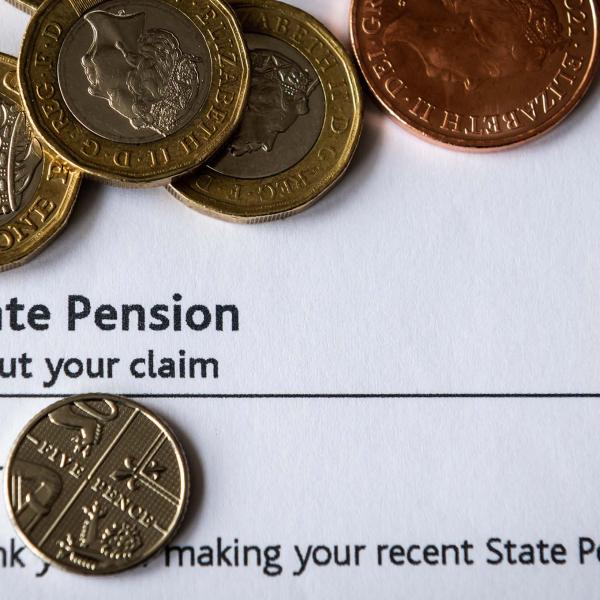
The future of the state pension
21 December 2023
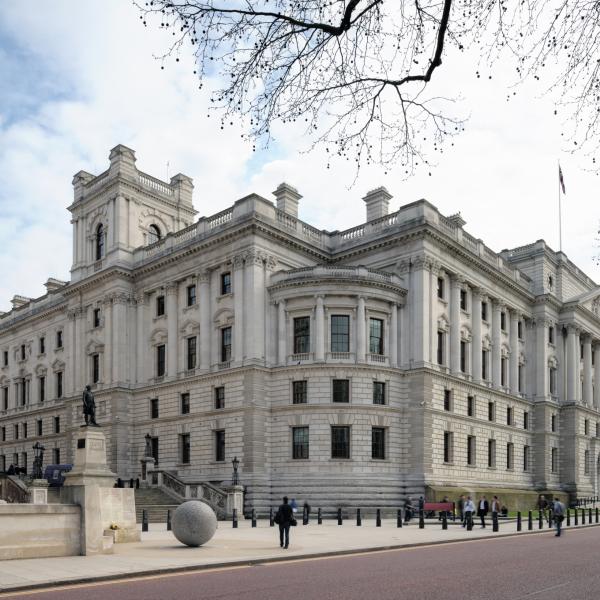
Taxes could be cut within broader reforms
2 November 2023
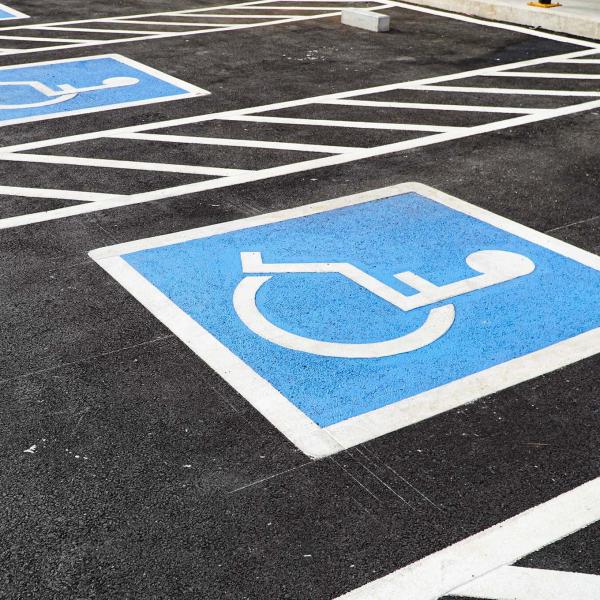
Disability, illness and pain are real problems for the entire economy
28 August 2023
Policy analysis

Tax and public finances: the fundamentals
23 August 2023

The IFS Scottish Budget Report – 2024–25
22 February 2024

Scottish NHS is treating fewer patients than pre-pandemic, despite big increases in staffing
9 February 2024
Academic research

Saving by buying ahead: stockpiling in response to lump-sum payments
2 February 2024
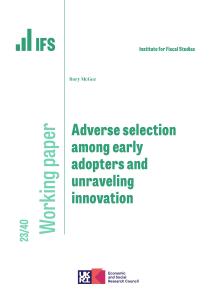
Adverse selection among early adopters and unraveling innovation
18 December 2023
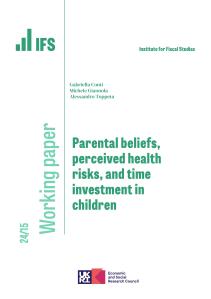
Parental beliefs, perceived health risks, and time investment in children
15 April 2024
